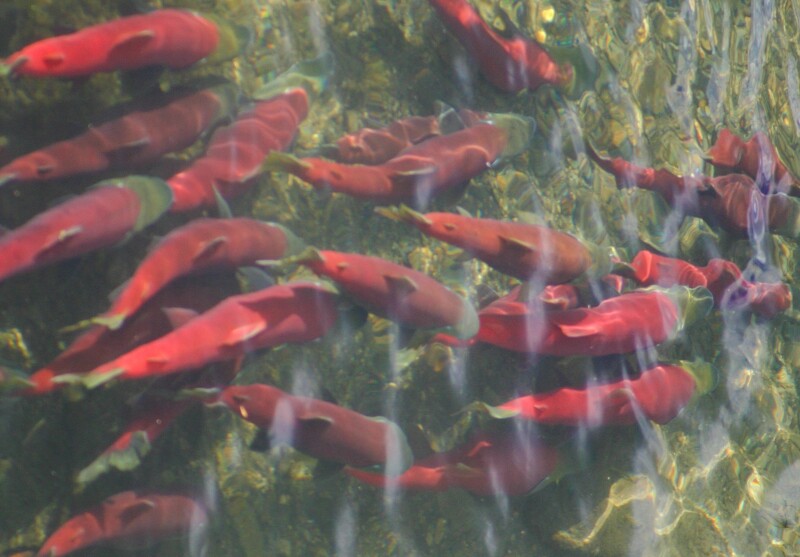A prominent fishing family in Kodiak is at the center of a felony case that’s sending shockwaves through Alaska’s setnet community and raising fresh questions about the enforcement of long-standing permit regulations.
According to court documents cited by the Alaska Beacon, state prosecutors allege that Duncan Fields and members of his family illegally earned more than $1 million through a coordinated scheme involving temporary permit transfers. The family’s company, Fields and Sons Inc., is accused of transferring salmon setnet permits to crew members during the season and then reclaiming them afterward—allegedly to sidestep ownership limits laid out by Alaska’s limited entry system.
“The charges stem from the gifting of limited entry permits to family and crew, something my family and I have done for more than 30 years,” Fields told the Alaska Beacon via text. “This is a common practice in the industry, and we believe that our family has been singled out to try to set an example with a unique application of existing statutes. The charges are not supported by the facts.”
The Fields family has been setnetting in Kodiak since 1961. But the state says their longstanding method of seasonal gifting violated a law that prohibits transfers “with any retained right of repossession… or on any condition of requiring a subsequent transfer,” as reported.
Alaska Wildlife Troopers (AWT) opened the investigation in 2023 after being alerted by the Commercial Fisheries Entry Commission (CFEC), in legislative testimony quotes by the Beacon, Col. Bryan Barlow, director of AWT, said the troopers received information about a set gillnet operation “transferring ownership of permits at high frequency and delivering/ selling fish under the names of one or two primary permit holders on behalf of other permit holders.”
The revelation triggered broader enforcement efforts, especially those regarding fish-pooling practices, which have long existed in a legal gray area.
Rep. Louise Stutes (R-Kodiak) responded by pausing House Bill 117, a piece of legislation she introduced that would allow setnetters to pool their catch before delivering it to tenders. Stutes emphasized that Fields wasn’t the source of the bill, but said his involvement in the controversy made it necessary to “stand down on that bill for now.”
Under current regulations, each permit holder must deliver their catch separately, a requirement that many, including Fields, have said is impractical and routinely ignored on the water. Fields previously testified in support of the bill, which many setnetters say would align the law with long-established industry practices.
“It wasn’t Duncan that brought this issue to us, but he’s right in the middle of it,” Stutes told the Beacon. “So I just feel like it’s better to stand down on that bill for now.”
Investigators interviewed 21 crew members who received permit transfers between 2020 and 2023. The investigation also included reviewing fishing documents, including crew contracts and permit applications, fish tickets, and transfer affidavits.
As the case works through the courts, it’s opening up a wider conversation in Alaska’s fishing communities about how well the limited entry system balances regulator intent with real-world practice and whether the line between tradition and violation is as clear as it once seemed.
“You really have to give CFEC some kudos for catching it, saying ‘Whoa, what’s going on here?’” Stutes said. “It tells me the system does work.”







